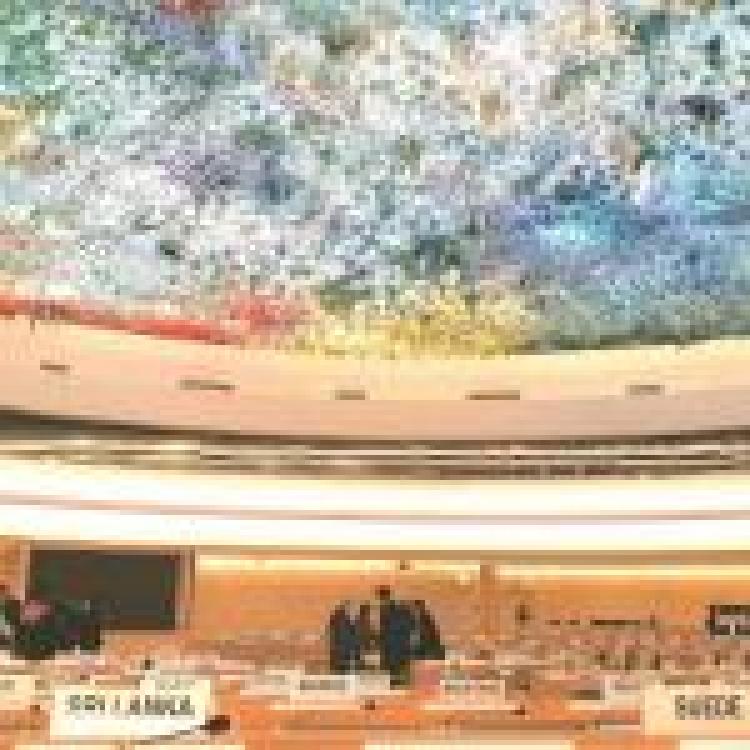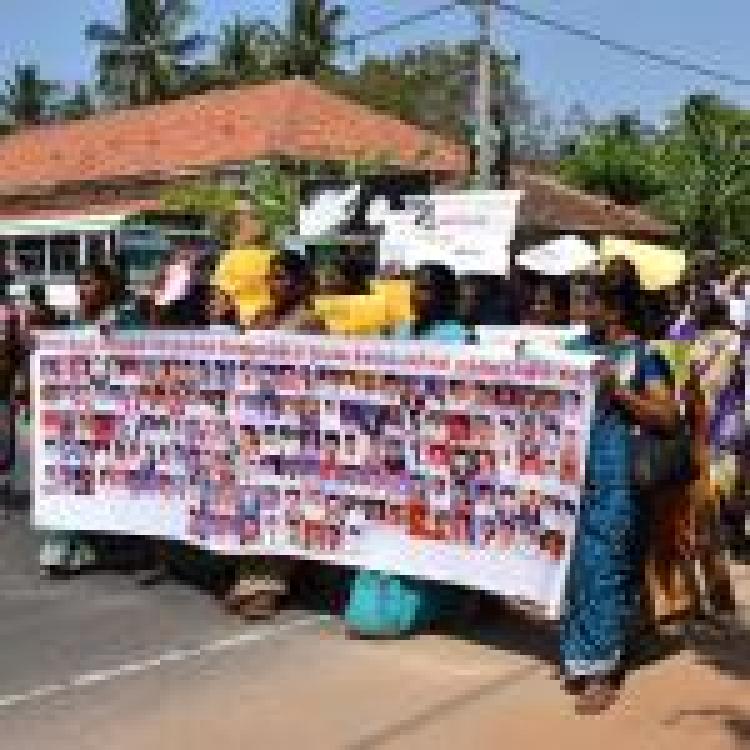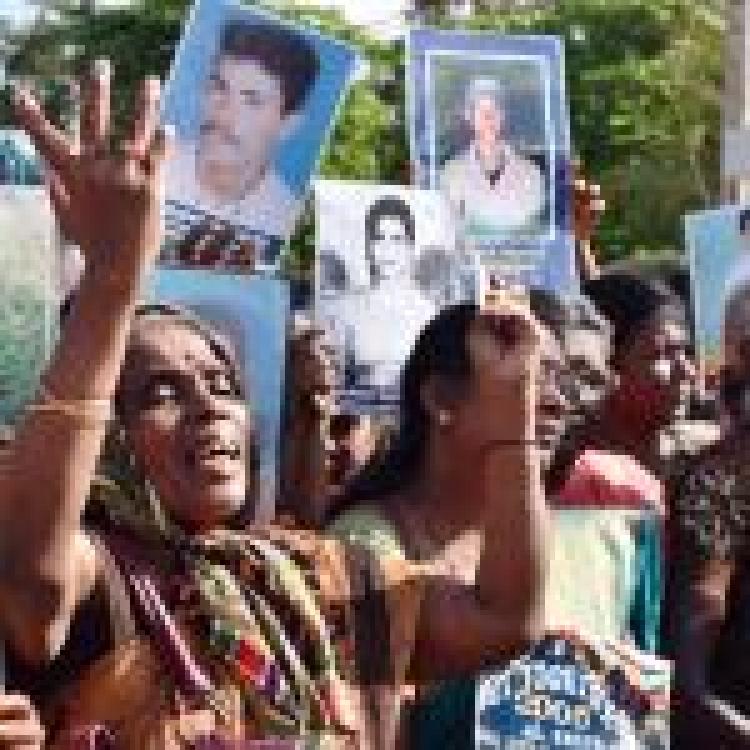![]()
The International Commission of Jurists (ICJ) has called on the UN Human Rights Council to ensure that Sri Lanka is given “a deadline for delivery” to implement commitments laid out in a resolution which mandates a hybrid accountability mechanism.
“Any progress made by Sri Lanka, especially in relation to the implementation of transitional justice mechanisms under Resolution 30/1, albeit slow and wholly insufficient, has been primarily due to the continued engagement of the Council, OHCHR and international community,” said the ICJ in a statement to the council last week.
“As the Council is poised to provide Sri Lanka with an extension of two years to fulfill its commitments under Resolution 30/1, ICJ considers the expeditious development of a time-bound implementation plan with a deadline for delivery as essential,” the statement continued. “It is also pertinent that the implementation process is not a mere procedural exercise, but holistic and contextually appropriate.”
See the full text of the statement here.
The statement from the ICJ comes as a resolution on Sri Lanka, which grants Colombo a further two years to implement a 2015 resolution, was tabled at the Human Rights Council this week.
Though the Sri Lankan foreign ministry said it would abide by the resolution, less than a day later the Sri Lankan president said he would work to see that the resolution is withdrawn.




